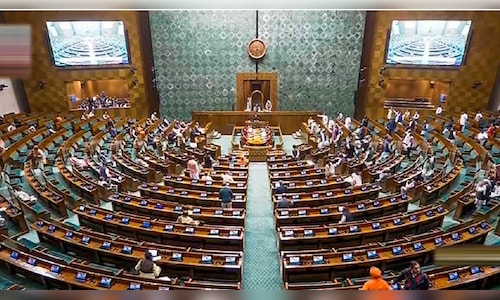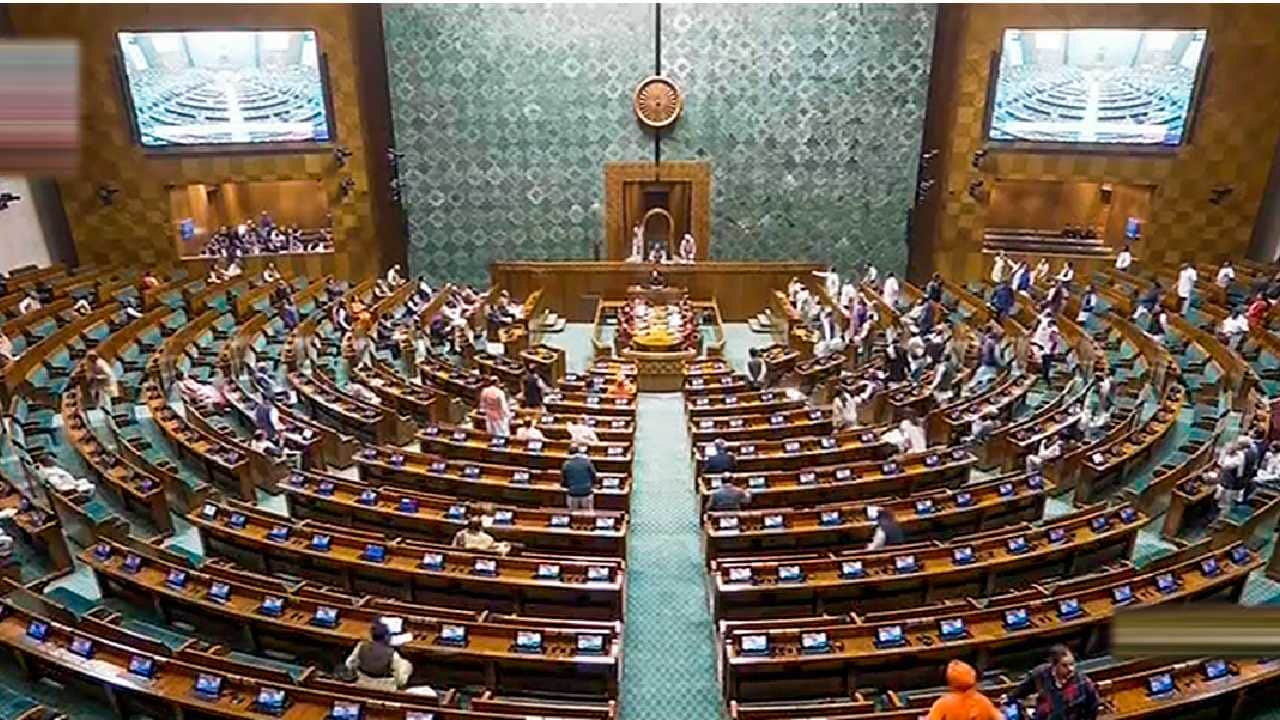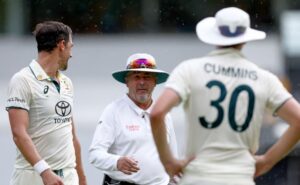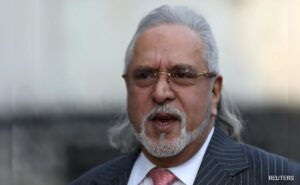

The proposed synchronisation of elections aims to streamline the democratic process and reduce the recurring costs of conducting elections. However, details regarding the proposal’s implementation timeline and other specifics remain under discussion.
The two bills that lay down the mechanism to hold simultaneous elections—the Constitution (One Hundred and Twenty-Ninth Amendment) Bill, 2024′ and ‘The Union Territories Laws (Amendment) Bill, 2024’, were formally introduced in the Lok Sabha on Tuesday, December 17.
While the government champions the move as a progressive reform, opposition parties slammed it as an attack on India’s federal structure. Amid the fiery debate, 269 members supported the bills, while 198 opposed them. This marked the first use of the electronic voting system in the new Parliament building.
Amid this, the BJP is likely to bring a motion for the Joint Parliamentary Committee (JPC) on the last day of the ongoing winter session of Parliament. As of now, opposition parties have not finalised or submitted their list of members to represent them in the JPC, raising questions about their stance on the issue.
Meanwhile, the BJP is also seeking explanations from nearly 20 MPs who were absent during a crucial vote in the Lok Sabha on Tuesday, despite the issuance of a party whip. Sources indicate that the party will issue show-cause notices to the absentee MPs, demanding reasons for their absence without prior permission. The leadership is treating the matter seriously, as adherence to the whip is considered a critical measure of party discipline in parliamentary proceedings.
The MPs will be required to provide satisfactory responses, explaining their absence during the session. This move underscores the BJP’s intent to enforce stricter accountability among its ranks as it gears up for upcoming legislative battles, including the contentious “One Country, One Election” bill.
With the winter session nearing its conclusion, all eyes are on whether the government will secure the required cooperation from the opposition for the JPC motion and the legislative measures ahead.
(Edited by : Ajay Vaishnav)



